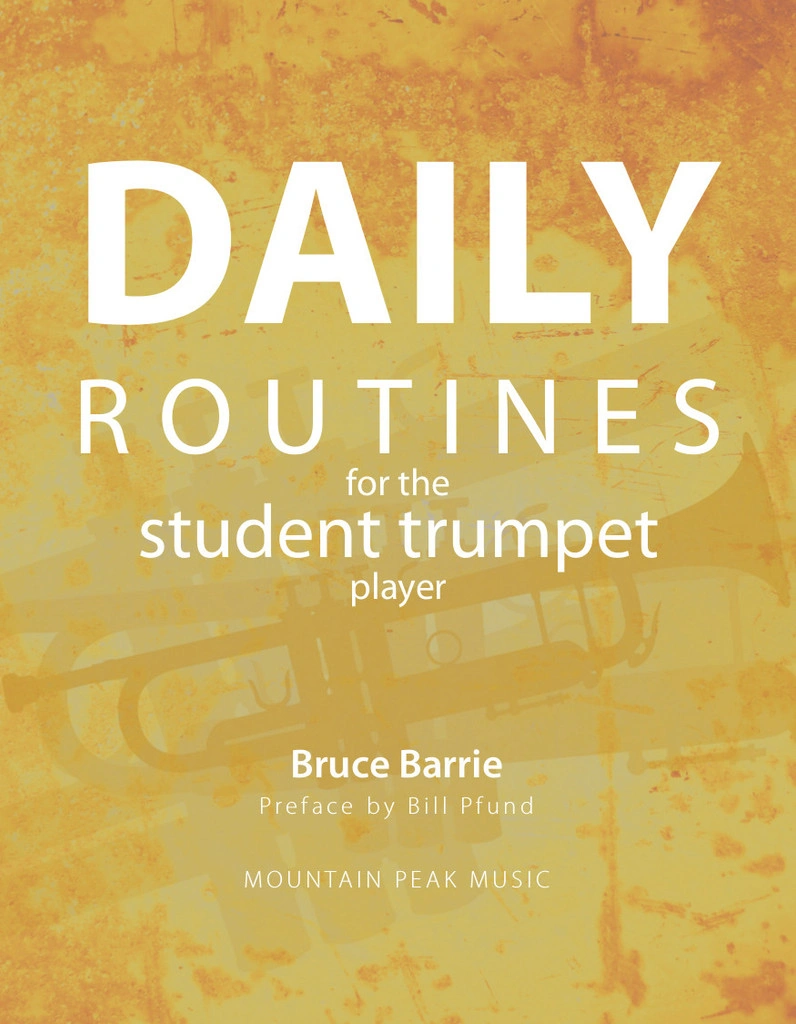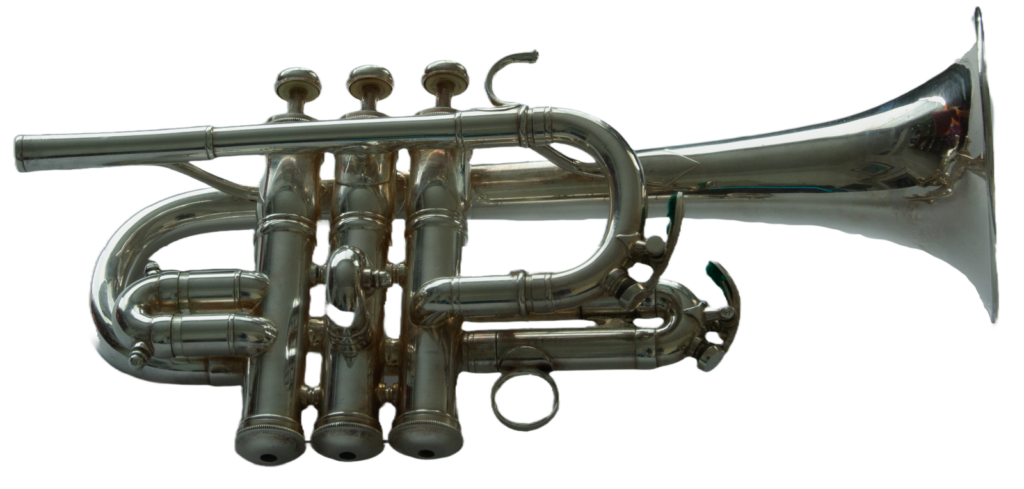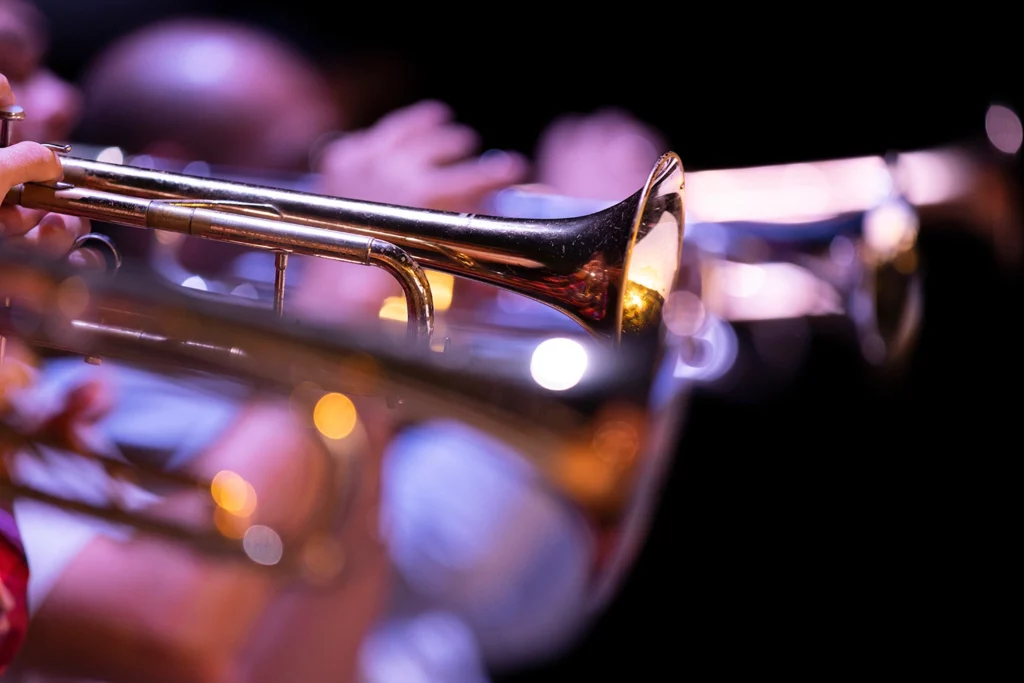
Practice
Question: what are we trying to say/communicate as we play our solo? How can we think about our presentation and practice to improve our understanding and the impact to our listener?
Often when we try to get all the right notes, we forget to think of the whole story that we are telling to our audience. Each of the sections or parts of the solo help to provide clarity, understanding and make the piece more memorable as a whole. Perhaps if we relate the solo to a book, we can see the parts that make the whole in the music can be viewed in a different and more powerful way. Details (crescendos, accents, dynamics etc.) are important and we need to remember the music (melodies and phrases) in the correct order but the story is the sum total of all the ideas or parts. Then the whole will make more sense to a listener.
Solo Book
Different sections (ex. ABBA) Chapters
Phrase Paragraph
Fragments/motifs Sentences
Intervals Words
Player Narrator
Sound color Voice
Tempo Speed of reading or telling
Dynamics and accents Inflections and intensity of the voice
How the writer, or composer, creates and assembles the work is the foundation for understanding and developing an interpretation. A performance is the live art form of telling the story. We all see the words or notes, but it is how we tell the story that makes the telling memorable to the audience. We don’t change the plot or the dialogue; but it is how we present the details and change the pacing of our narration that can show our individuality of understanding. If our telling doesn’t move the audience emotionally, we need to rethink our practice and refine our skills.
Listening
Over the Rainbow, by Harold Arlen, is such an wonderful American classic. There are so many ways to sing/play this with individuality and yet it remains a magical tune.Here is a trumpet version, some with Judy Garland (1939 and 1955 versions) showing how it became the favorite that it is, Finally, a version by Israel Kamakawiwo’ole that has touched so many people with over 690 million hearings. It is about feelings and communication and these artists get it right.
Ronald Romm trumpet
Judy Garland 1939 the movie soundtrack
Judy Garland 1955
Frank Sinatra
Israel “IZ” Kamakawiwoʻole voice and ukulele
Of Interest
Roger Voisin Trumpet Competition
https://www.lynn.edu/roger-voisin-memorial-trumpet-competition
Adam Rapa trumpet; Trumpet Concerto – Tales of the Orient Express
the solo part:
Trumpets: Omar Tomasoni, Miroslav Petkov
BRASS of the Royal Concertgebouw Orchestra
Suite from Maria de Buenos Aires, A. Piazzolla (arr. Steven Verhelst)
MIROSLAV PETKOV (trompet/trumpet), IRINA ZAHHARENKOVA (klaver/piano)
Vincenzo Bellini – “Casta diva” from “Norma”
Pacho Flores trumpet: P. Sarasate: Aires gitanos.
Peter Roberts Eb Soprano Cornet: Let Me Try Again
Re Visit
There are many trumpet books, both new and old, that what to practice can seem overwhelming. One important idea to consider when choosing one’s repertoire, is what was your level of development when you last played a solo or etude. For example, many players will have played the Characteristic Studies of J.B. Arban in high school. These are a technical challenge and you want more than just the correct notes and rhythms. As you get more experience you can understand the music better and you will have greater technical control of your instrument. Your results in playing should always be getting improving.
Practice and listening skills will have an impact on your level of attainment. Two stories relating achievements of tremendous players, Maurice Andre and Brian Cooling, can indicate why certain works can change everything for the players, their admirers and everyone who becomes a member of their audience.
Andre’s time as a student working with the demanding Raymond Sabarich relates the needed work ethic to begin to accomplish mastery.
Maurice Andre
^ Steven Chenette (2001). “”It’s My Greatest Joy” : An Interview with Maurice Andre”. International Trumpet Guild Journal. 30: 08–19.
The noted Eb soprano cornet Peter Roberts relates the mastery achieved by Brian Cooling, one of his idols on the cornet.
Brian Cooling
http://4barsrest.com/articles/2001/art095.asp
What are you practicing and what are your goals? I devoted a month of practice to each of the Characteristic Studies a few years ago. Reading these quotes has made me want to go back yet again to see how much more I can accomplish as I spend some time re-working these challenges. What level can I reach if I focus, practice hard and use my imagination? What am I listening for in my imagination and how am I practicing to achieve that goal?
The under 4-minute mile finishing time goal stood for a long time. After runner Roger Bannister broke the time barrier many other runners immediately did also. One person has to have the imagination, belief and practice goals to make it happen. Once an achievement is done, most people can do just the practice part. Have imagination, believe in yourself and then push yourself toward ever better goals.
Every time you go back to materials that you have already practiced; your goal should be to take your performance to the next level. You should continually be listening to music, reading and thinking about music. This will help you have a greater understanding about the music and additional skills to bring to your practice. As you grow as a player and a musician your artistry will grow too. That is why listening to someone at the beginning of their playing career and again years later performing the same music, you should hear the growth or understanding that has occurred. Different is a perspective not necessarily to be in the concept of better.
If the trilogy to greatness is imagination, belief, and practice, there should be no stopping anyone who keeps trying and sets a higher standard as the desired goal! �



